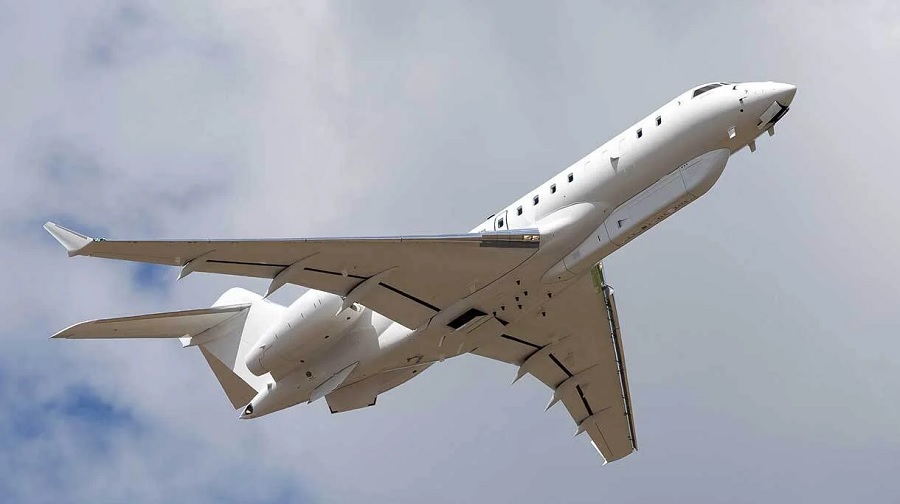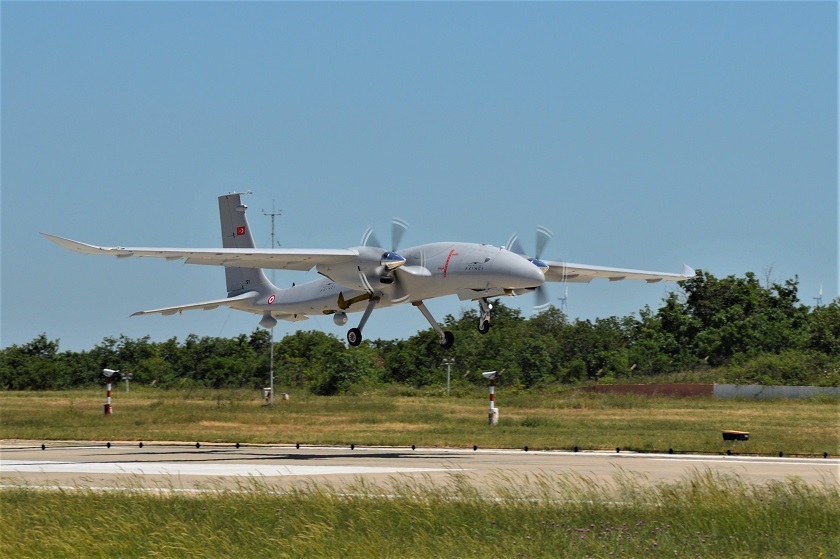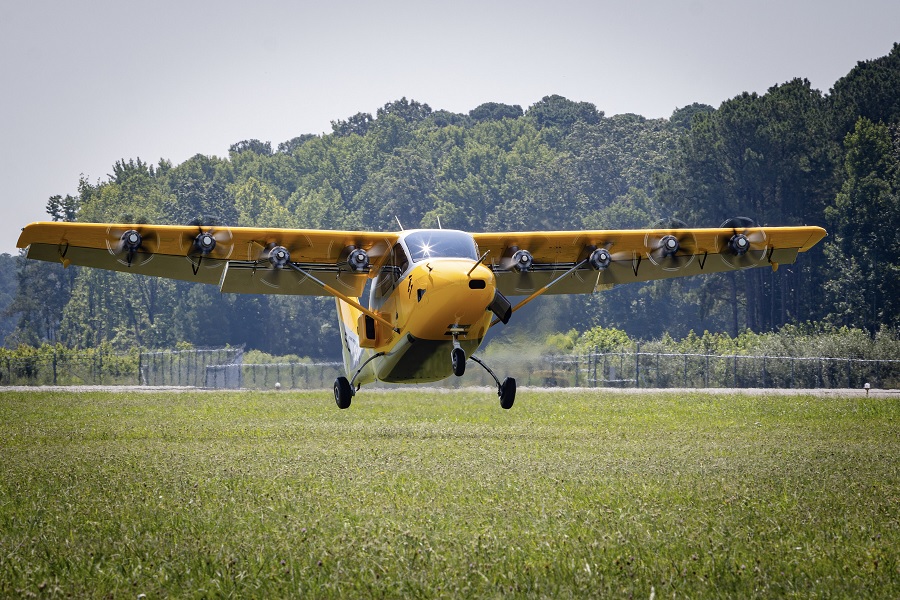The UK Ministry of Defence (MOD) has stated that these complex systems are almost certainly more dependent on foreign components and technology, which have become increasingly difficult to acquire due to sanctions.
Latest Defence Intelligence update on the situation in Ukraine – 01 April 2024.
Find out more about Defence Intelligence’s use of language: https://t.co/VLI1JhTxbL#StandWithUkraine 🇺🇦 pic.twitter.com/VV2an1FVEU
— Ministry of Defence 🇬🇧 (@DefenceHQ) April 1, 2024
While Russia faces challenges on the export front, it has ramped up production of crucial munitions for its forces engaged in the conflict in Ukraine, including artillery shells.
The country’s growing isolation has restricted its direct trade capabilities, driving up the time and costs associated with procuring items that were once easily accessible.
This isolation is further exacerbated by the imposition of price premiums exceeding 60% for certain goods, as highlighted in research by the Bank of Finland Institute for Emerging Economies.
In contrast, the global standing of Russia in the arms trade has diminished significantly, with its share dropping to 11% between 2019 and 2023 from 21% in the period from 2014 to 2018, according to the Stockholm International Peace Research Institute.
This decline underscores the broader implications of sanctions and international isolation on Russia’s defence sector.



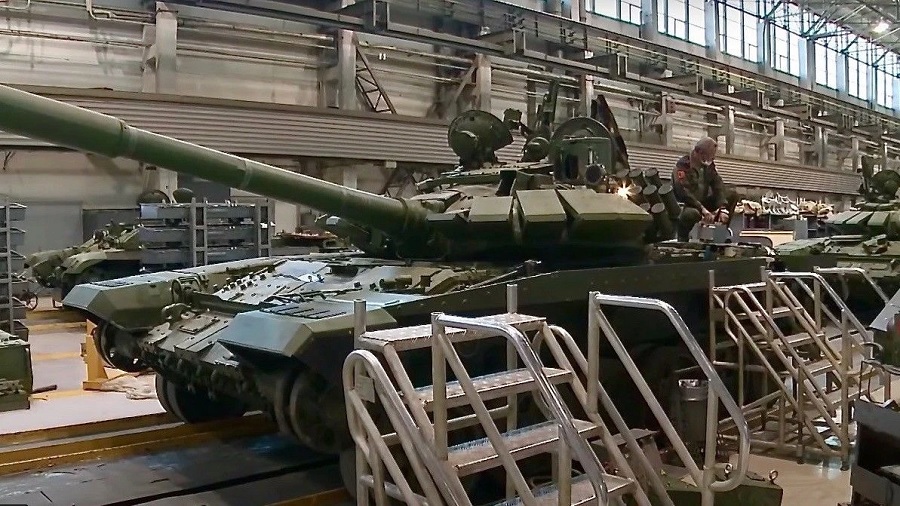

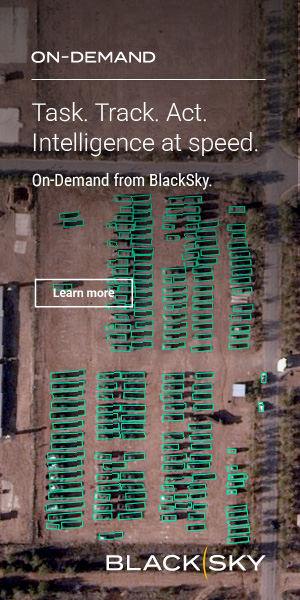
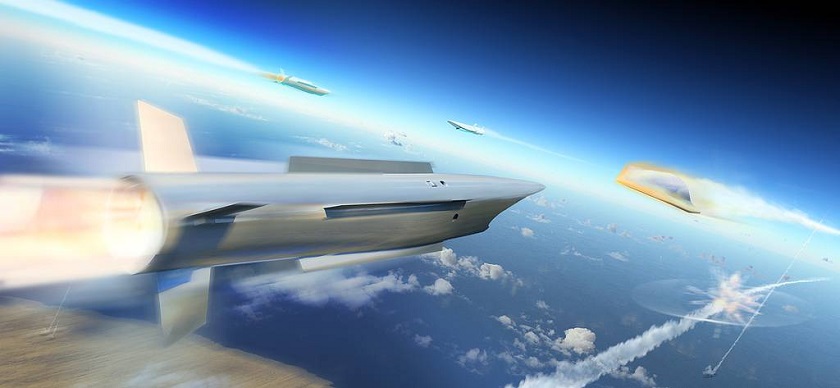
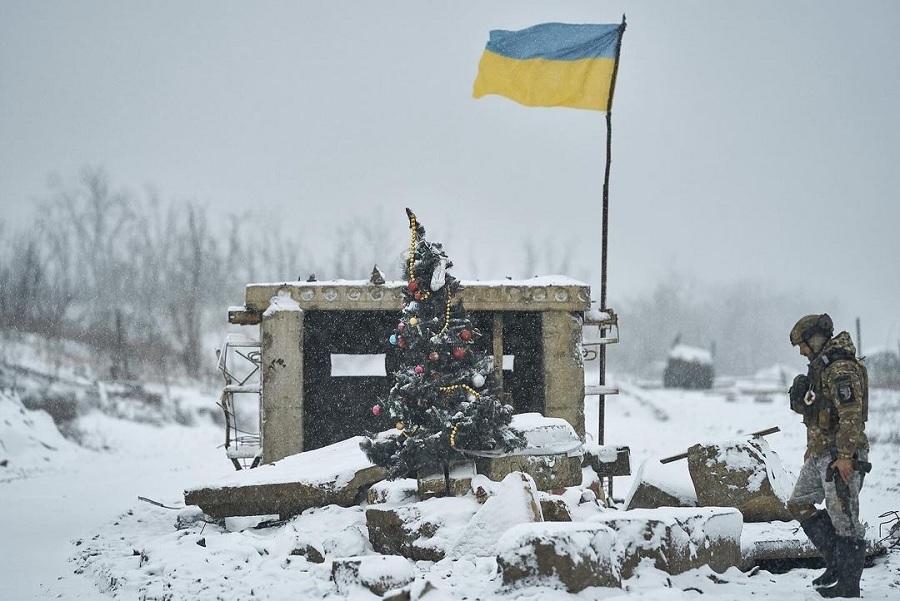
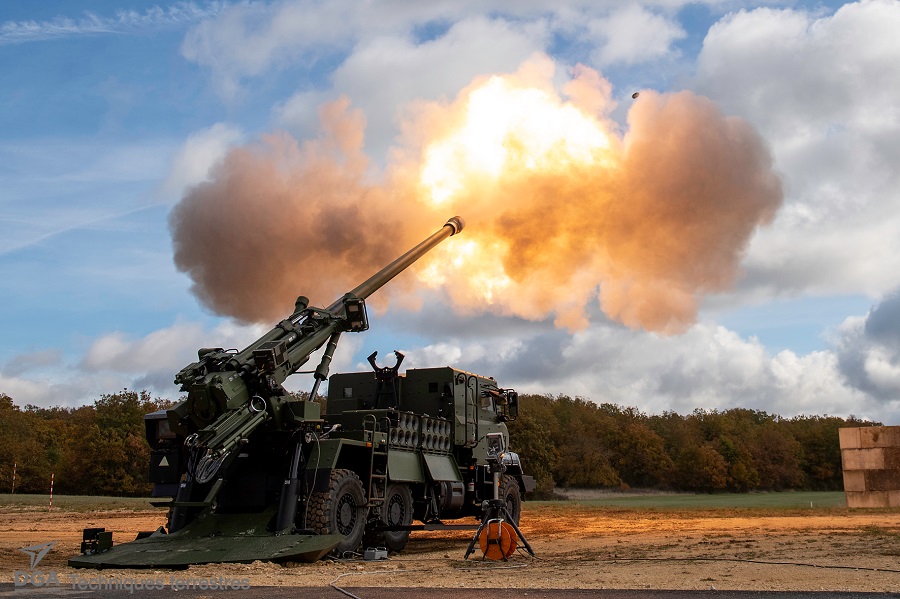
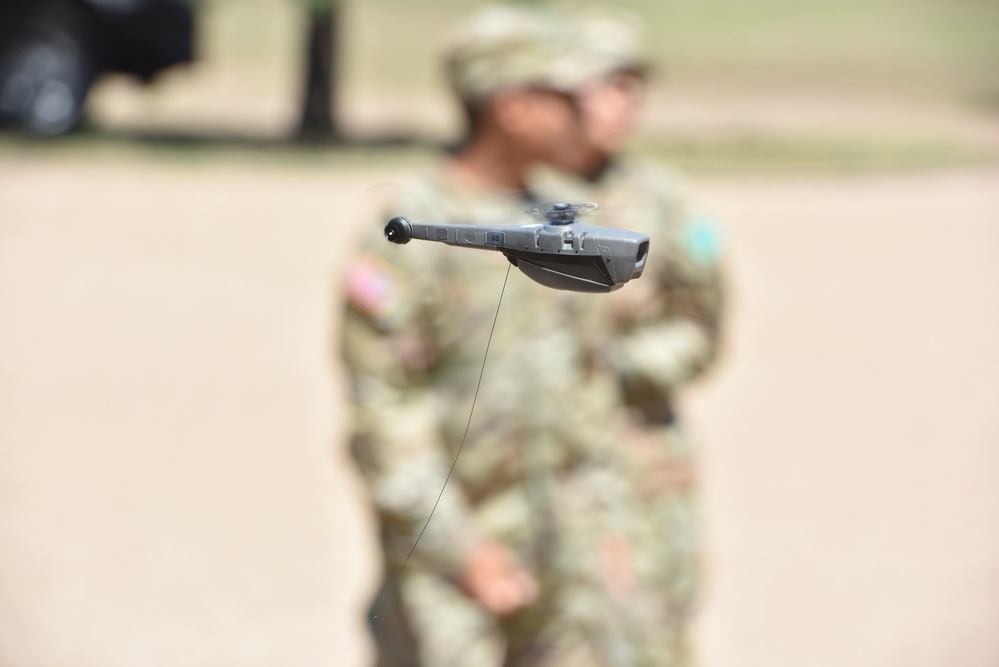
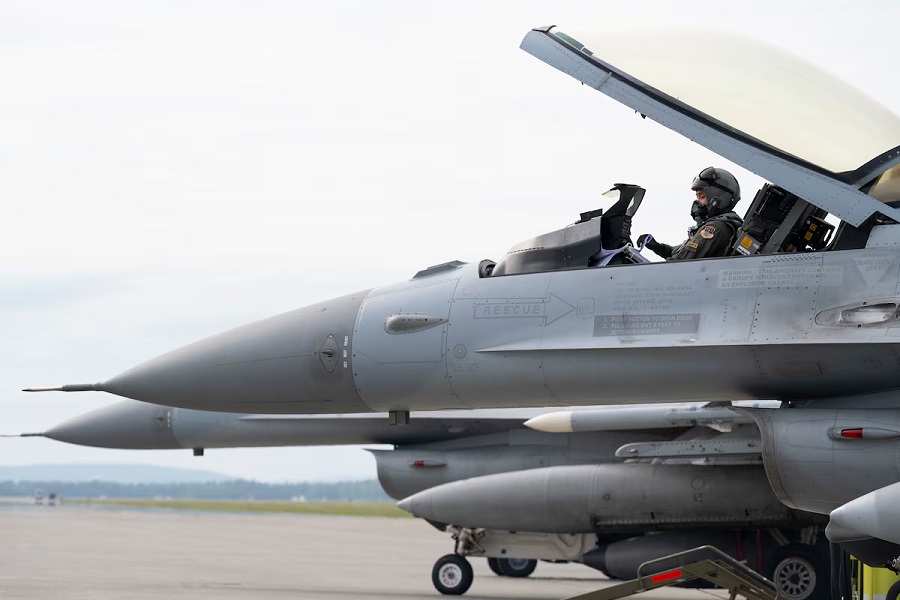
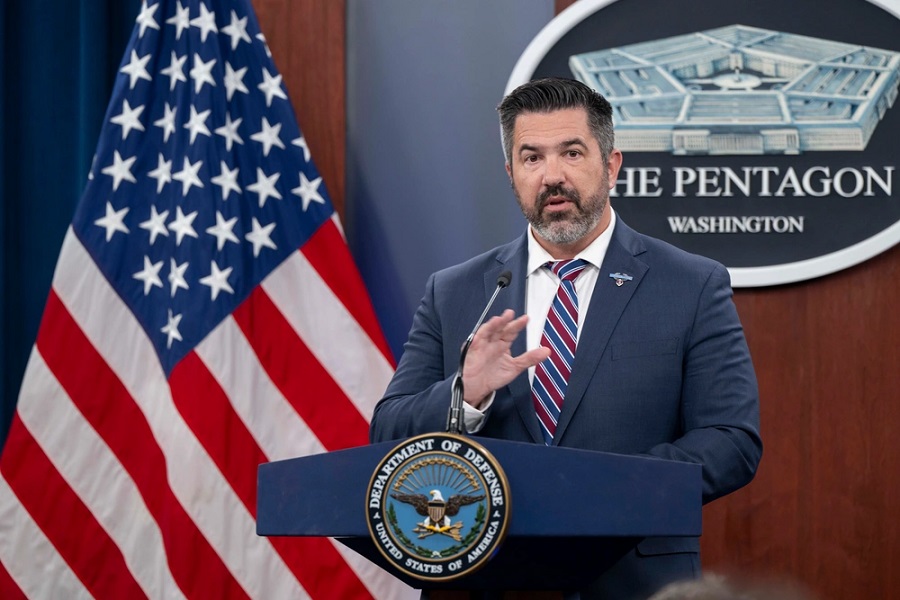
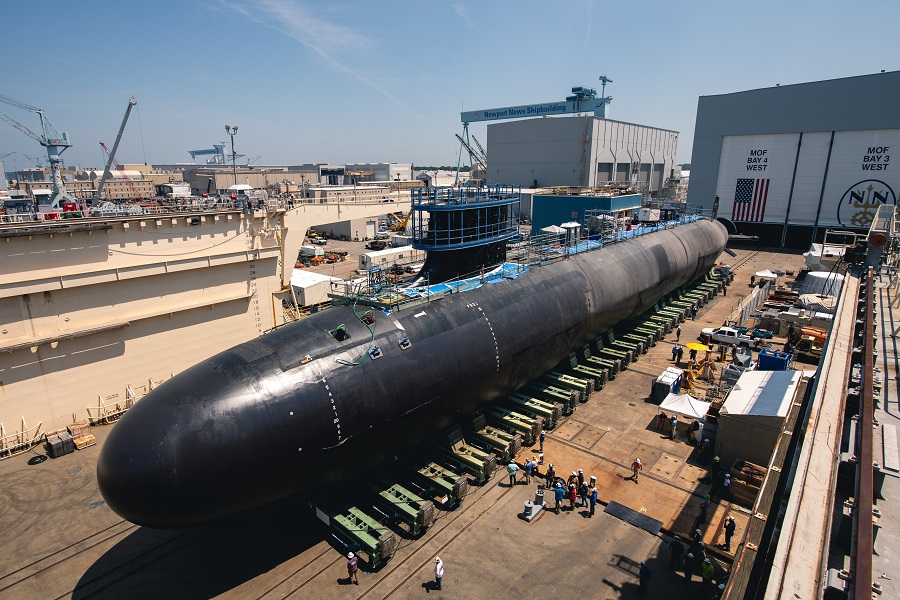

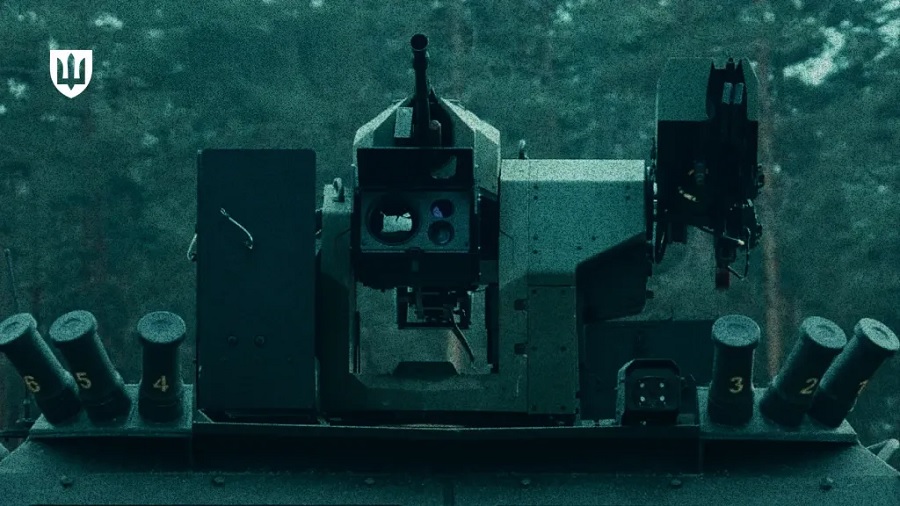
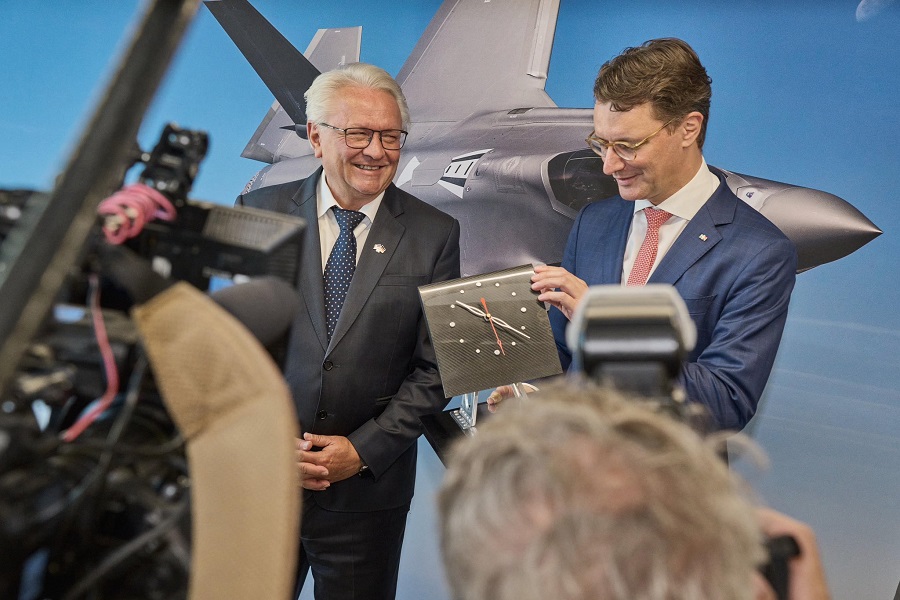
![KNDS: MARS 3 successfully launches Naval Strike Missile in first live-fire test [VIDEO]](https://defence-industry.eu/wp-content/uploads/2025/07/MARS-3-successfully-launches-Naval-Strike-Missile-in-first-live-fire-test-VIDEO.jpg)
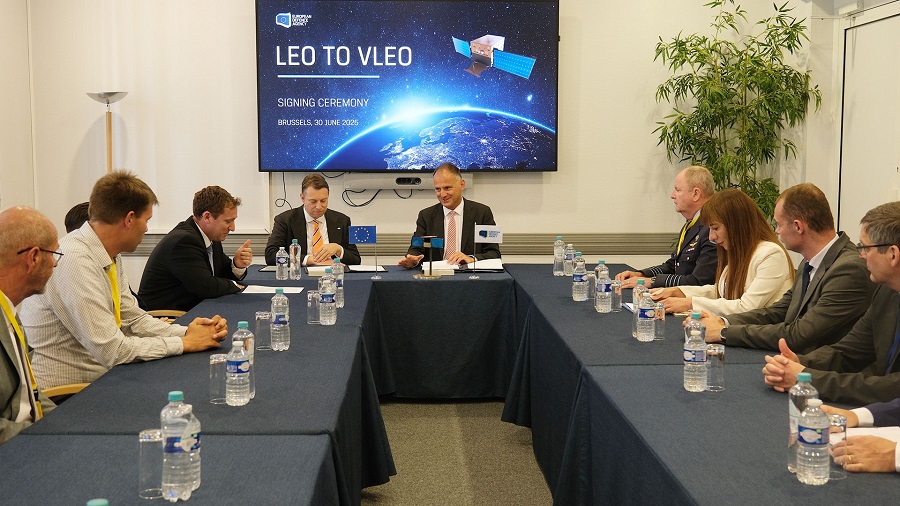
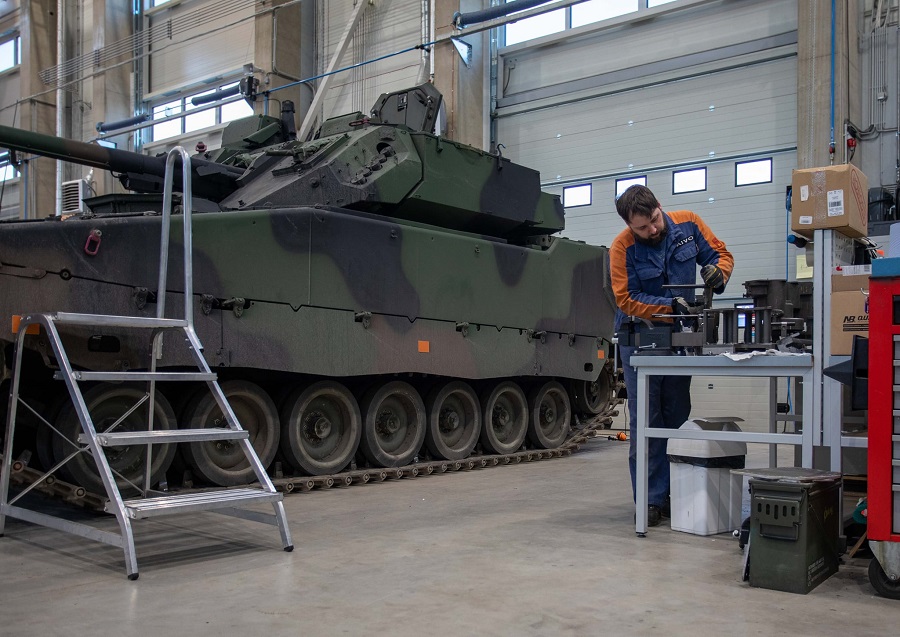
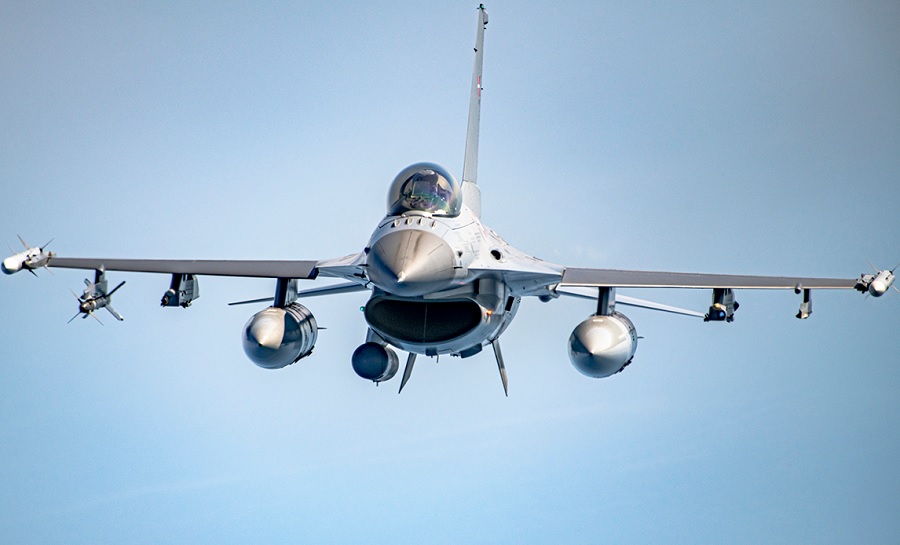
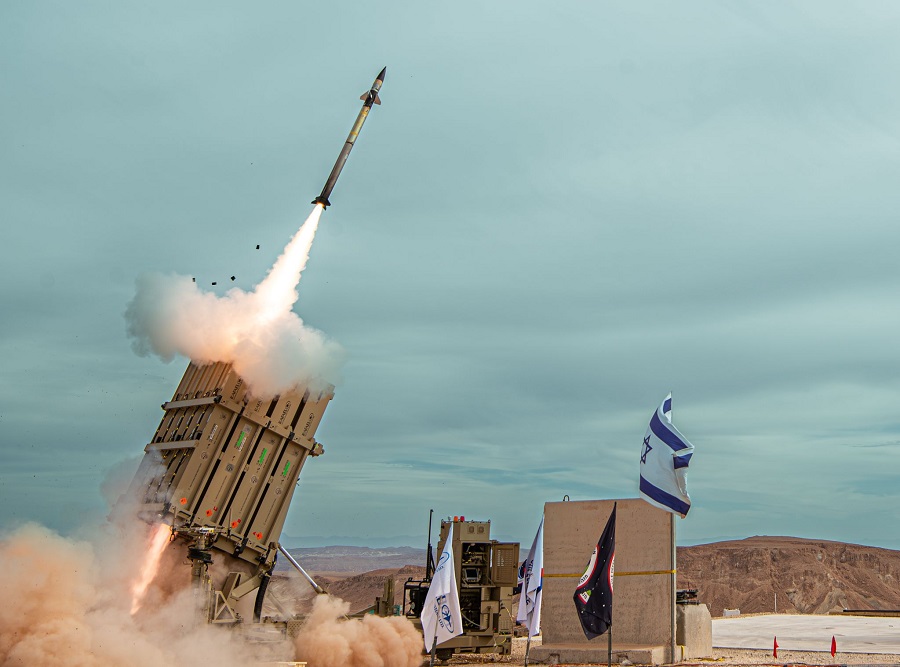
![MightyFly demonstrates autonomous cargo flight capabilities to U.S. Air Force [VIDEO]](https://defence-industry.eu/wp-content/uploads/2025/07/MightyFly-demonstrates-autonomous-cargo-flight-capabilities-to-U.S.-Air-Force-VIDEO.jpg)
